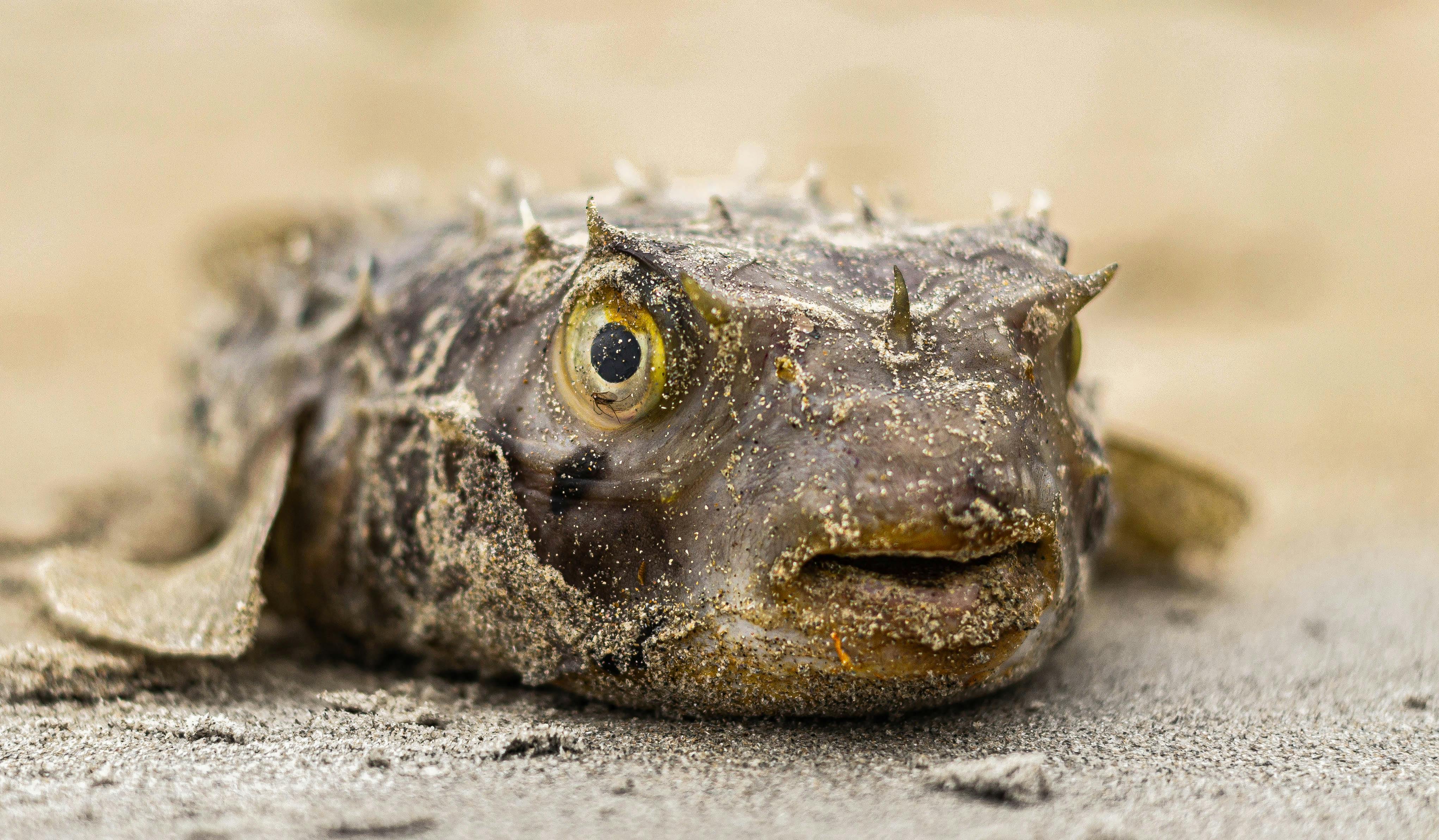Best 5 Options for Pet Octopus Care in 2025
As interest in exotic pets continues to rise, the pet octopus has found its way into marine aquariums worldwide. These fascinating creatures provide not only companionship but also a rich, interactive experience for their owners. Understanding octopus care is essential for ensuring their well-being, which encompasses their housing, diet, and overall health. With many options available, it’s crucial to find the best practices for keeping these intelligent marine life pets happy and healthy. This article explores the top five options for effectively caring for octopuses in 2025.
We will discuss the importance of proper octopus habitats, diet specifics, maintaining optimal tank conditions, the benefits of various species, and innovative accessories available for pet octopus enthusiasts. Before you embark on this adventure of aquatic pet ownership, let’s dive into the world of octopus care!
Creating a Suitable Habitat for Your Octopus
A proper habitat is critical for the health and happiness of your pet octopus. Aquarists should strive to replicate the natural environment of their chosen species in order to promote well-being and longevity.
Choosing the Right Aquarium Size
The size of the aquarium matters significantly. A minimum of 50 gallons is recommended for medium-sized octopus species, while larger species can require up to 200 gallons. This becomes important as octopuses need enough space to explore and hunt. Moreover, maintaining water quality and filtration systems is paramount; most species thrive in saltwater and require specific temperature conditions (generally between 76°F to 82°F).
Providing Enrichment and Shelter
Octopuses are intelligent creatures that enjoy enrichment within their environments. Incorporating rocks, caves, and various structures allows for exploration and hiding spots that mimic their natural habitats. Consider using eco-friendly materials to avoid harming your pet. Such environments can also reduce stress, encouraging playful behavior and ensuring your octopus’s mental and physical health.
Understanding the Importance of Water Quality
The quality of water is crucial in any octopus habitat. Regular testing for parameters like pH, ammonia, nitrite, and nitrate levels will help maintain a healthy eco-system in your aquarium. Filtration systems should be robust enough for the bioload generated by feeding and waste. Regular water changes (at least 10-20% weekly) will keep the environment clean and welcoming for your octopus.
Building on these habitat essentials, the next critical component of octopus care is their diet.
Optimal Feeding Habits for Your Octopus
Understanding the dietary needs of octopuses plays a vital role in ensuring their health and satisfaction. As opportunistic feeders, they enjoy a diverse diet. Feeding habits should be tailored to the species you have chosen.
Recommended Diet Components
Octopuses thrive on a diet mainly consisting of live food such as shrimp, crabs, and mollusks. Fresh seafood (fish, clams, and other marine animals) can also be included. It's vital to provide a varied diet, which helps mimic their natural hunting instincts and prevents boredom.
Feeding Frequency and Portions
Pet owners should feed their octopus every couple of days with portions that are appropriate for their size. Overfeeding can lead to water quality issues, while underfeeding can affect their overall health and behaviors. Monitoring your pet’s consumption and adjusting accordingly is key to maintaining a strong bond and ensuring their well-being.
Octopus Feeding Tips
Use feeding techniques that stimulate your octopus’s natural instincts. You could introduce a DIY feeding enrichment tool, like a feeding stick, that requires the octopus to work at acquiring their meals. Not only does this promote active hunting behaviors, but it also enhances the pet-owner interaction, making the experience fascinating for both parties.
Having addressed dietary considerations, let’s explore how to effectively handle and interact with your octopus.
Handling and Interacting with Your Octopus
Interactions with your pet octopus can range from simple observation to engaging them in enrichment activities. Understanding their behavior is vital for successful handling.
Recognizing Octopus Behavior
Each octopus has its unique personality, and behaviors can vary significantly among species. Owners should pay close attention to their octopus' mood changes and responses, developing insights into when they are feeling stressed or calm. Recognizing signs of distress, such as ink expulsion or hiding, helps ensure a healthier environment.
Safe Handling Techniques
When it comes to handling your octopus, safety is paramount—for both the owner and the octopus. Avoid grabbing or holding them too tightly. Instead, allow them to crawl onto your hand or arm at their own pace. If they show signs of being stressed, it's best to return them to their habitat. Gentle interactions can foster trust and understanding between you and your octopus.
Engagement through Training
Simple training techniques, such as using food reward systems, can significantly enrich your relationship with your octopus. Teach them to recognize feeding times and engage with their environment in stimulating ways. With patience, you can even train them to perform specific tasks, such as touching a target or moving to different locations in the tank.
With effective handling and interaction addressed, let’s now discuss options for tank mates that can coexist peacefully with your octopus.
Selecting Compatible Tank Mates for Your Octopus
While octopuses are typically solitary creatures, selecting the right tank mates can enhance your aquarium's biodiversity. However, it is crucial to choose carefully to avoid stress or aggression.
Choosing Tank Mates Wisely
Small, non-aggressive species are the best companions. Species like certain gobies or blennies may coexist without provoking the octopus. It's essential to avoid other cephalopods and large, fast-moving fish that may trigger predatory instincts, leading to aggressive behaviors.
Maintaining Tank Dynamics
Monitoring the interactions between your octopus and its tank mates is vital to maintaining a harmonious environment. Regular observations allow you to catch signs of stress or aggressive behavior early, thereby preventing it from escalating.
Pairing with Non-Competitive Species
Some aquarists find success pairing their octopus with species that occupy different ecological niches, allowing for more peaceful interactions. Researching the behaviors of potential tank mates is essential. Ensure species are selected based on their habitat needs to avoid competitive dynamics for food and shelter.
With understanding and care, successfully managing tank mates can enhance the experience of owning an octopus. However, consistent vigilance is necessary.
Investing in the Right Equipment and Accessories for Your Octopus
To ensure the best for your octopus, investing in quality equipment and accessories is critical. These tools not only improve the quality of life for your marine pet but also ease the responsibilities of aquarist duties.
Essential Accessories for Octopus Care
Consider tools such as upgraded filtration systems, octopus enrichment items, and specialized habitat accessories that cater specifically to octopus needs. Regular maintenance kits help you keep the tank clean, which contributes significantly to the overall health of your octopus.
Innovative Technology in Aquarium Care
With rapid advancements in technology, there are various innovative aquarium management systems available. Automated systems for maintaining water quality, smart monitoring, and proper feeding mechanisms can greatly enhance your aquarist experience. Such technology takes much of the guesswork out of optimizing the environment for your pets.
Choosing Sustainable Products
It’s also wise to consider eco-friendly and sustainable aquarium products that contribute positively to marine ecosystems. By prioritizing sustainability, you’re not only caring for your pet but also participating in marine conservation efforts.
As we conclude this guide, let’s wrap up with some key questions common among new octopus owners seeking advice.
Q&A: Common Queries About Pet Octopus Care
1. What is the best species of octopus for beginners?
Generally, the smaller species, like the blue-ringed octopus, can be excellent for beginners due to their manageable size and gentle nature, but remember to research their specific care needs.
2. How long do pet octopuses live?
Octopus lifespan varies by species; generally, smaller species live around 1-2 years, while larger ones can live up to 5 years or more in a controlled environment.
3. What is the average cost of a pet octopus?
The cost varies widely, ranging from $40 for small species to upwards of several hundred dollars for rare or larger varieties. Always consider the long-term care costs as well.
4. Can octopuses recognize their owners?
Yes, octopuses are known for their intelligence and can develop recognition of their owners over time, enhancing their capability for interaction.
5. What are signs of a healthy octopus?
Indicators of health include clear skin, active behavior, and a proper feeding pattern. Regular monitoring for any changes in behavior or diet is essential for spotting illness early.
In summary, owning a pet octopus requires commitment and understanding of their unique needs. By investing in a suitable habitat, maintaining dietary habits, ensuring safe handling, considering the right tank mates, and using the best equipment, you can provide a fulfilling experience for both you and your octopus. Best practices now can pave the way for an enriching relationship with your incredible marine pet. Explore more about your octopus journey at this resource.


